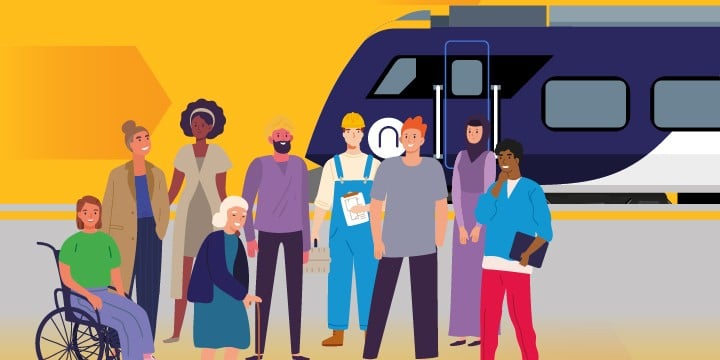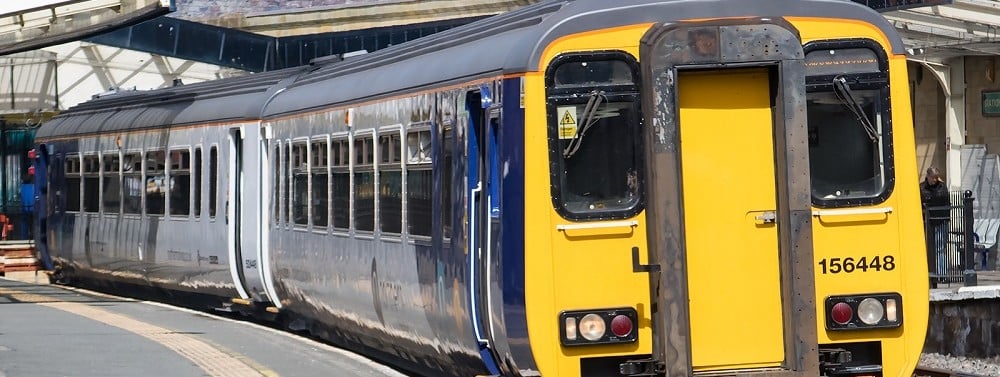Autistic data scientists give Northern ‘fuel for thought’ on operation of diesel fleet
In partnership with Chrome Angel Solutions they are developing a scenario modelling tool to advise on the optimal train speed and braking patterns for the specific topography of the North of England.
It uses real consumption data to ensure the best fuel efficiency, which will bring with it environmental benefits resulting from lower emissions, economic benefits due to lower consumption of expensive diesel fuel and better overall asset condition.
All of these elements help improve the sustainability of the railway by reducing operational costs.
Developed with support from Angel Trains and Smart Rail Services, the project is funded by the Department for Transport as part of the Local Transport Decarbonisation strand of the Transport Research and Innovation Grants (TRIG) programme which is delivered by Connected Places Catapult.
Rob Warnes, strategic development director at Northern, said: “Along with the rest of the UK rail industry, Northern is working towards eliminating diesel-only trains from our fleet by 2040.
“Until then, we want to ensure we’re operating those we do use in the most fuel-efficient way – to make sure we're emitting the least amount of CO₂ and providing value for money for taxpayers.
“The TRIG programme is designed to support highly innovative, early-stage research and development projects like this – and we’re incredibly grateful to the Department for Transport for their support.”
Chrome Angel Solutions has a track record of developing highly structured and flexible ways of working that accommodate neurodiverse thinking and needs – and they have now partnered with auticon - an award-winning social innovation company dedicated to improving the economic and social conditions of the autistic community with careers and opportunities.
Anisa Mamaniyat, product director at Chrome Angel Solutions, said: “Research by The Office for National Statistics shows that less than 22% of autistic people are in a meaningful form of employment that aligns with their educational achievement.
“By bringing their unique skills and talents into our team, we can learn and encourage diversity and inclusion within our sector.
“It’s personally very rewarding to see people who might really struggle with traditional practices thrive with some practical adjustments to the way we work. These are changes that are beneficial for many of us.”
The model will now be subject to further development to test its accuracy against a variety of variables like wind speed and direction.
It will then be validated against different train types to ensure accuracy across Northern’s fleet before the project moves forward.
Northern is the second largest train operator in the UK, with 2,500 services a day to more than 500 stations across the North of England.



